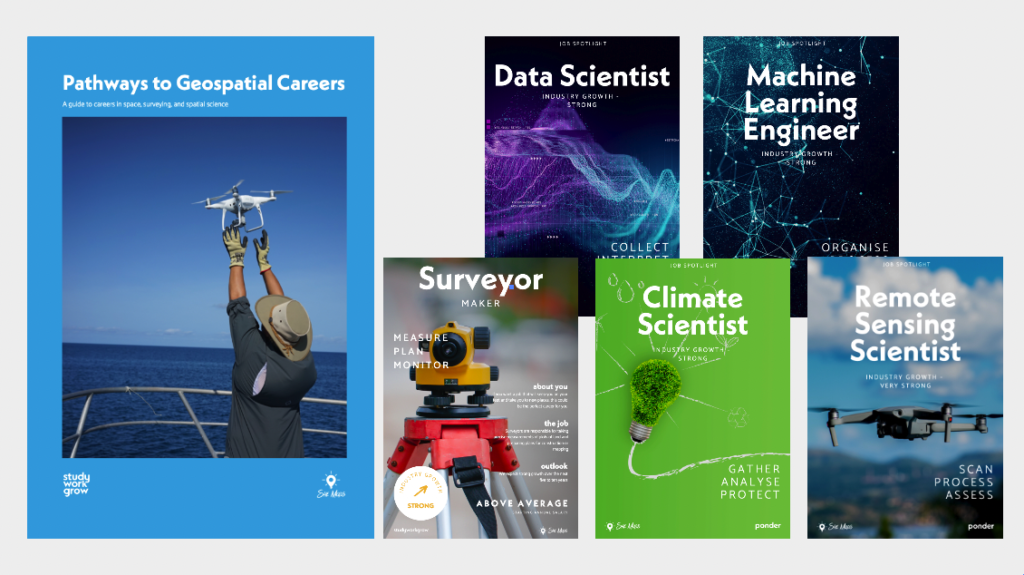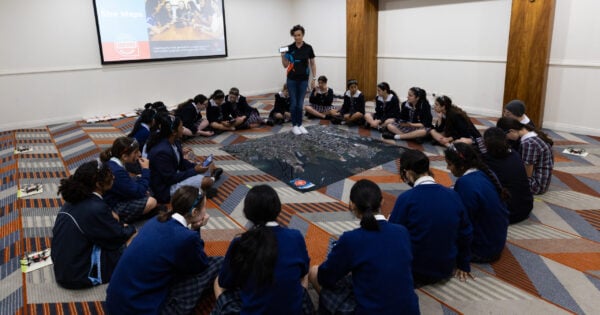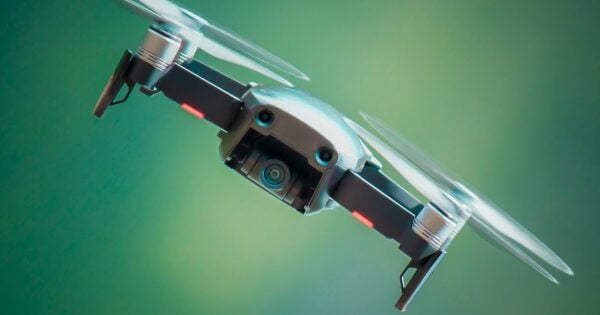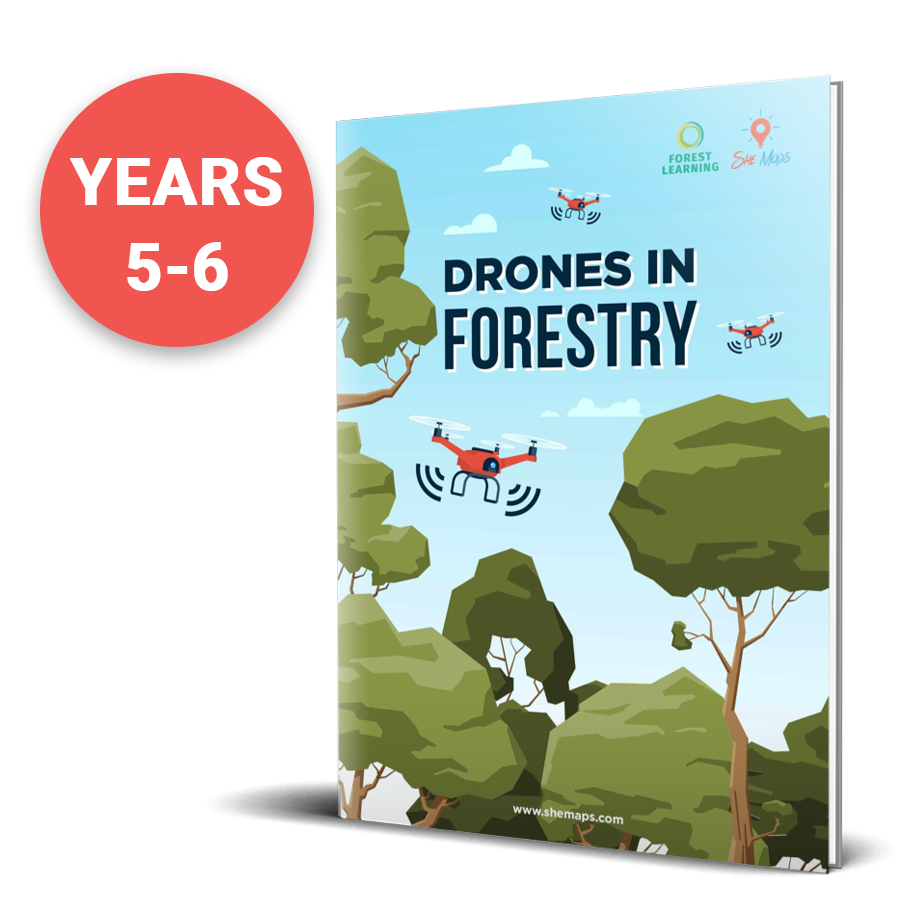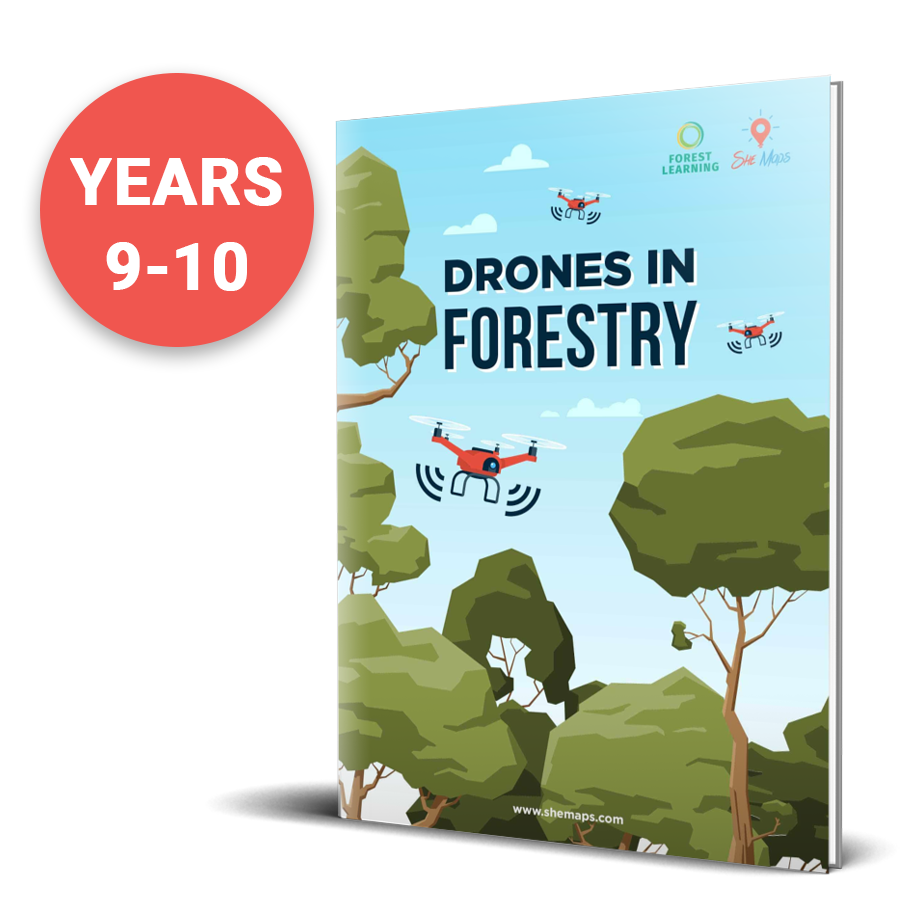Promoting diversity in STEM fields requires a multifaceted approach. Here are some successful strategies:
1. Inclusive education programs
Developing curricula that highlight diverse contributions to STEM and incorporating inclusive teaching practices can help engage a broader range of students. By showcasing the achievements of scientists and engineers from various backgrounds, students can see themselves represented in these fields, which can inspire them to pursue STEM careers.
2. Mentorship and sponsorship
Establishing mentorship programs where experienced professionals guide underrepresented individuals can provide valuable support and career development opportunities. Mentors can offer advice, share their experiences, and help mentees navigate challenges. Sponsorship, where senior leaders advocate for the advancement of their protégés, can also play a crucial role in career progression.
3. Flexible work policies
Implementing flexible work arrangements, such as remote work and flexible hours, can make STEM careers more accessible to a diverse workforce. These policies can help accommodate different life circumstances, such as caregiving responsibilities, and can attract a wider range of talent to STEM fields.
4. Bias training
Providing training on unconscious bias and cultural competency can help create a more inclusive environment by raising awareness and promoting respectful interactions. This training can help individuals recognise and mitigate their biases, leading to more equitable treatment of all employees.
5. Diverse hiring practices
Actively recruiting from a wide range of backgrounds and ensuring diverse representation in hiring panels can help reduce biases in the recruitment process. This can involve partnerships with organisations that focus on underrepresented groups, as well as implementing blind recruitment practices to focus on skills and qualifications.
Find out about organisations like Australian Spatial Analytics who address Australia’s skills shortages and data sovereignty issues by utilising a local, motivated workforce to support critical projects that would otherwise be outsourced.
6. Support Networks
Creating employee resource groups and support networks for underrepresented groups can foster a sense of community and belonging. These networks can provide a platform for sharing experiences, offering mutual support, and advocating for changes within the organization.
7. Scholarships and Grants
Offering financial support through scholarships and grants targeted at underrepresented groups can help remove barriers to education and career advancement in STEM. These financial aids can make it possible for more individuals to pursue STEM degrees and careers, regardless of their economic background.
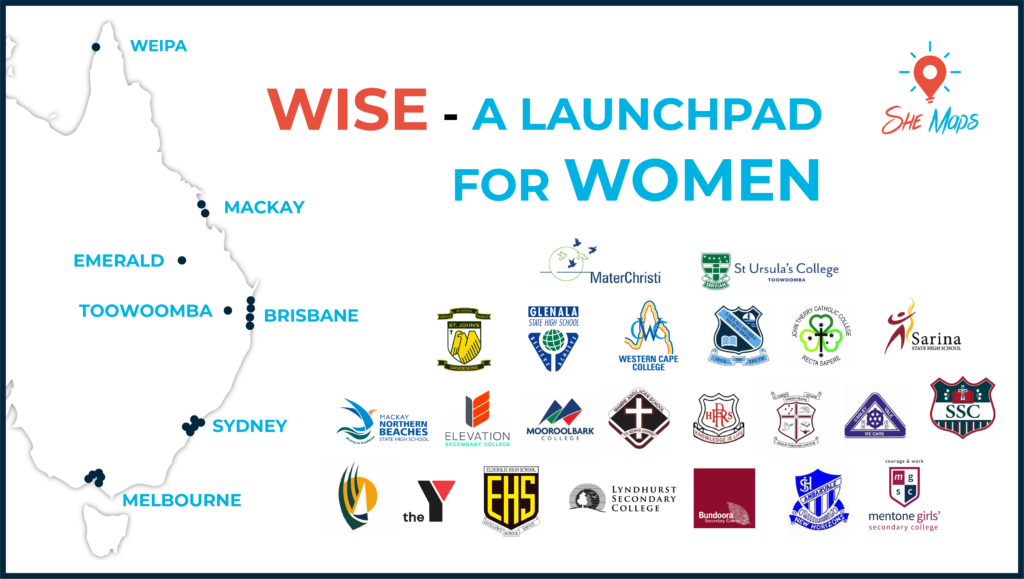
8. Public awareness campaigns
Promoting the importance of diversity in STEM through public awareness campaigns can help shift societal perceptions and encourage more individuals to pursue STEM careers. Highlighting the benefits of a diverse workforce, such as increased creativity and innovation, can help garner broader support for diversity initiatives.
9. Community engagement
Engaging with local communities to promote STEM education and careers can help build a pipeline of diverse talent. This can include outreach programs, workshops, and partnerships with schools and community organisations to provide hands-on STEM experiences and resources.
10. Policy Advocacy
Advocating for policies that support diversity and inclusion in STEM at the local, national, and international levels can help create systemic change. This can involve working with policymakers to develop and implement legislation that promotes equal opportunities and addresses barriers faced by underrepresented groups.
These strategies, when implemented effectively, can contribute to a more diverse and inclusive STEM ecosystem. By fostering an environment where everyone has the opportunity to succeed, we can drive innovation and progress in STEM fields.


